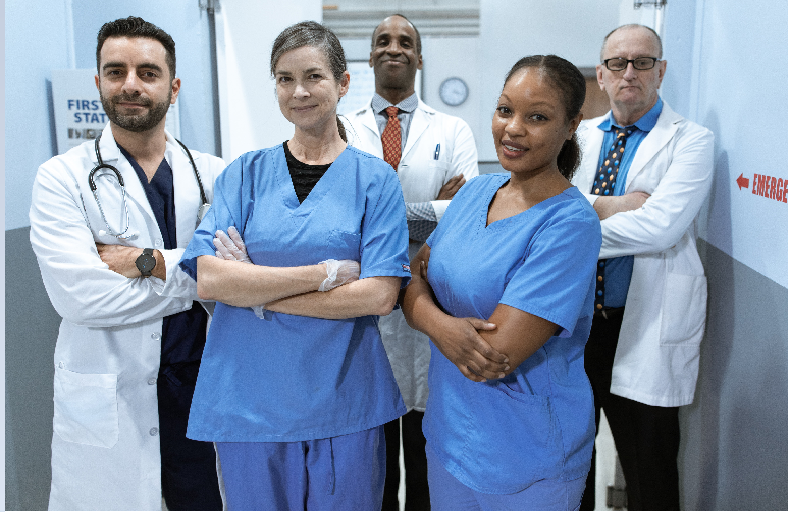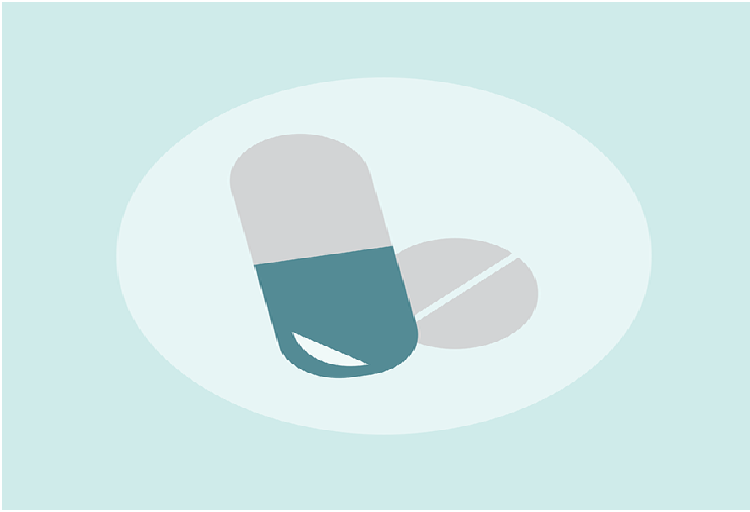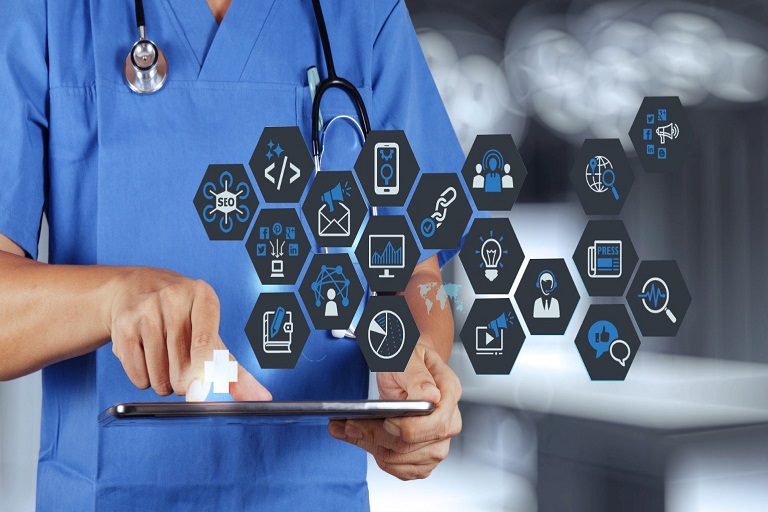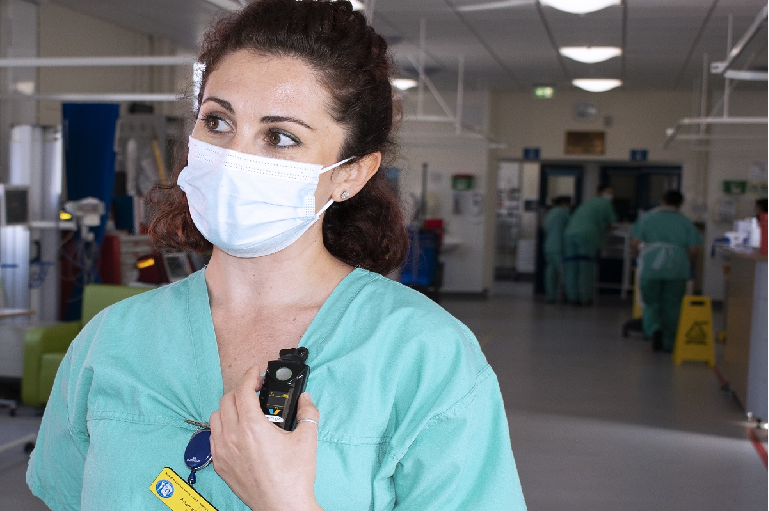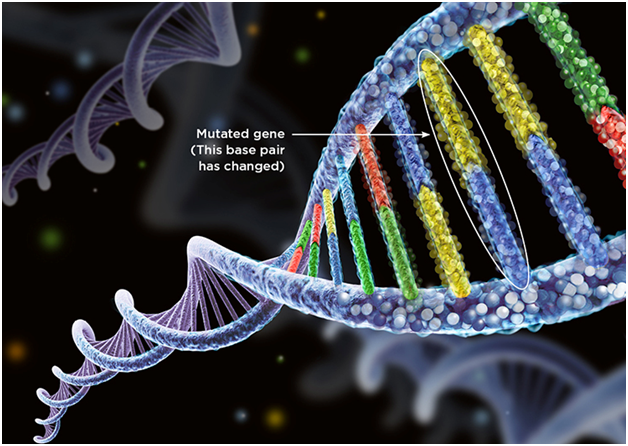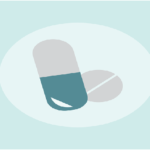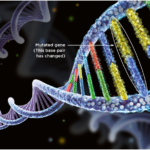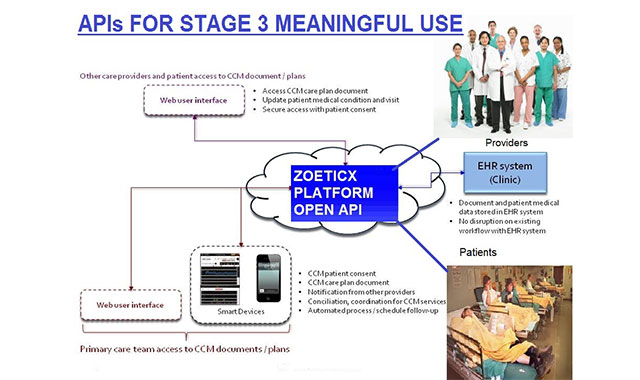Exclusive article at EMRIndustry.com
By Donald Voltz, MD, Aultman Hospital, Department of Anesthesiology, Medical Director of the Main Operating Room, Assistant Professor of Anesthesiology, Case Western Reserve University and Northeast Ohio Medical University.
Board-certified in anesthesiology and clinical informatics, Dr. Voltz is a researcher, medical educator, and entrepreneur. With more than 15 years of experience in healthcare, Dr. Voltz has been involved with many facets of medicine. He has performed basic science and clinical research and has experience in the translation of ideas into viable medical systems and devices.
Thanh Tran, CEO of Zoeticx, also contributed.
Without a doubt, the widespread implementation of electronic health records (EHRs) has not been easy. To make matters worse, CMS has released proposed rules for Stage 3 of EHR use that are likely to bring additional challenges for healthcare professionals and hospitals than the prior two stages. However, CMS’s decision to support application programming interfaces (APIs) for patient access to their own electronic health records is a great step in the right direction to overcome data blocking by EHR firms.
Despite these recently proposed rules, finalization will take some time. Hidden within the challenging rules on decision support, quality reporting and security risk analysis are some subtle points that hold great potential for those who choose to explore them.
Meaningful use was established in an effort to provide some safety over the complex systems being installed and used for patient care. The goal of meaningful use is to ultimately improve patient care, expand access to quality healthcare and allow for coordination of care between medical professionals, ancillary services and healthcare institutions, something electronic documentation should more easily support.
However, the issue remains, how do we best achieve the objectives outlined by CMS given disparate technology, data blocking, and ill-defined pathways for the secure sharing of protected health information. Contained within Stage 3, there are some hopeful regulations that will allow healthcare to develop solutions to these challenging, yet necessary problems.
Decoupling of EHR Certification and Meaningful Use Encourages Customization
One of these rules, the decoupling of EHR certification and meaningful use brings some hope to those looking to build upon established EHRs and other health databases. Prior to this, there has been a very tightly held belief that EHR systems would contain the answers needed to fulfill all governmental regulations, something that has not been shown to be the case.
EHR’s are becoming very important tools for healthcare delivery, yet their regimented, and for the most part proprietary data storage models, do not allow for easy customization to meet the needs of our patients and the various healthcare professionals dependent upon them for day-to-day management of patients.
Patients and providers have asked why is it so difficult to enter clinically relevant information or transfer patient data between providers and institutions. The lack of interoperability has been extensively debated and we have not made much of a change to this yet.
By decoupling how EHRs’ are certified and how they are used to meet the requirements for meaningful use is a small, but significant step forward for health IT. This small step holds the potential to allow for development to occur on a level not yet seen in healthcare.
Integral for the future of health IT is decoupling and the support placed in APIs. These two aspects of Stage 3 support healthcare professionals, hospitals and health systems to provide patients with access to their health data using third-party applications.
At first glance, this access might seem trite given the current focus on implementing and enrolling patients in patient portals. Subtle in one perspective such as patients having access to their data, but much more powerful from the perspective of API’s bringing more potential to the design of solutions, something physicians have been asking for since the inception of EHR’s. The use of API’s and platforms to interface with multiple data sources brings the real potential to solving the challenges we currently see with information silos, data blocking and lack of patient engagement using currently implemented portals.
API Acceptance Brings EHR Benefits Similar to First Web Browsers
The parallels with the World Wide Web cannot be overlooked. Initially, web browsers served as a means to look at static documents formatted with HTML. The value comes not from access to these static pages, but instead the dynamic ability to gather, display and interact with data in a real-time fashion. The migration from static access to pages using search to the dynamic interactivity and ability to have data pushed to the user changed the way we use the Internet.
With the proposed meaningful use rules, we have the potential to create massive opportunities in healthcare following a similar path of that web technology. We have been looking at health data from too narrow a perspective. Trying to share documents is static, requiring too much manual updating. This is not a sustainable way to look at the expanding amount of patient, process and quality data in healthcare.
The use of API’s brings the ability to design solutions that offer more dynamic aspects to healthcare thereby superseding the need to move massive amounts of data between providers or to a semi centralized data warehouse. This ability also comes without the need to wait for EHR vendors to do all the development. They can focus on the storage and access side of health IT while opening up an entirely new healthcare sector; healthcare applications.
Some hold reservations that healthcare is not ready to support the use of an API. However, its ability to enhance patients’ access to their information and share it in a secure way with other healthcare professionals is something that is currently lacking without a great deal of patient effort.
The recent lawsuits filed for excessive fees being charged to obtain copies of electronic information is just the tip of the iceberg with respect to empowering patients to use their data to improve their health, become smart consumers of their care, and remaining engaged with the changing face of medicine. Physicians are also likely to see benefits from EHR’s they have only been promised to this point.
Developing interfaces that are congruent with current and future workflows are just one small use of API’s. When physicians, patients and developers are given access to a platform upon which they can build applications, we will be amazed at how quickly health IT changes to meet the needs.
Healthcare 2.0 Firms Embrace Open Technology
Zoeticx, a healthcare 2.0 technology company, has embraced the concept of a universal platform upon which technology solutions can be developed, long before the CMS proposed rule was put into place. Zoeticx has an application to meet the currently laborious task of managing patients with chronic medical conditions, using their Patient-Clarity platform to gain secure access to various EHR systems to create and provide dynamic care documents.
Without such as platform, development would have required building various applications, each specific for a given EHR system and the continual maintenance with each new software update. This is not a cost effective or sustainable mode for software development in today’s environment.
Proving the option for open APIs enables CMS to move forward with the larger initiative of working with open system vendors in support of its Chronic Care Management (CCM) patients. Recently Zoeticx offered the medical industry a breakthrough via a blueprint that meets the stringent technical requirements of CMS’s (CPT 99490) and (CPT 99495 & 99496).
This technology will now enable providers to electronically invoice Medicare and Medicaid $42.00 monthly with a new billing code number, creating a new medical facility profit center and substantially impacting care giver revenue for the approximate 15 million patients who have two chronic diseases and qualify for CCM care. This subscriber number is expected to trend upwards into 2050 and will create billions in new healthcare revenue.
According to the 2010 Census, the number of people older than 65 years was 40 million with increasing trends to 56 million in 2020 and not reaching a plateau until 2050 at 83.7 million. With two-thirds of Medicare beneficiaries having two or more chronic conditions while one-third has more than three chronic conditions, putting the number of patients who qualify for CCM services at 15 million. This number is predicted to continue on an upward trend until 2050. Further proof of the need for open system solutions like the CMS open API initiative.
The real prize for 2016 will be the Patient-Centered Medical Home (PCMH), an increasingly popular methodology for organizing primary care, lowering costs and improving patient care to the liking of patients, providers and medical facilities. But without open technology, this could not be possible.
So despite the frustration with the concept of meaningful use and the rigorous requirements physicians are being forced to comply with, there are some potential bright spots on the horizon for healthcare.






















